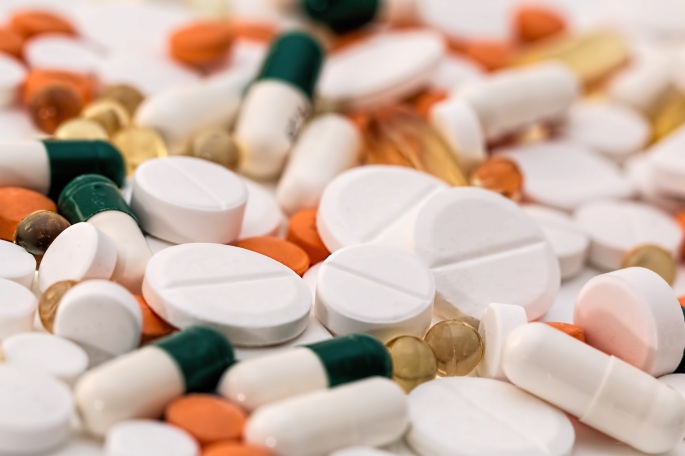Antibiotics are fundamental to maintain certain infections under control and to avoid serious illnesses in humans and animals. Before the 1920’s people would die from diseases that nowadays can be controlled and prevented by the use of antibiotics.
The word antibiotic means “against life’, which means that it will kill any germs that are attacking the body by causing infections. This is done by killing the bacteria or by restraining it from further reproducing in the body.
These all sounds marvellous, the problem is that nowadays there is an existent abuse of antibiotics that has created new problems for people and animals that has not yet been controlled.
For example, the animals we eat are given lots of antibiotics because they are maintained in conditions that are optimal for disease to rapidly spread. Those same animals then go into the food chain and end up in our plates. This translates into the fact that we are eating these antibiotic filled meat (fish, poultry, pork…) and it all adds up to the amount of antibiotics that we are already taking in our daily lives. Fast food companies actually have a very high amount of antibiotics in their food, which is something to be very alarmed about. If you are eating meat, it is important to buy it from good sources that are certified to be grass fed and the animals are raised and treated in a humanitarian way.
Why am I telling you all this? Abusing antibiotic consumption can be harmful and can create future problems including:
1. Your micro biome becomes weak: Since we are babies, our body is in the constant search of microbes to populate the gut to help us strengthen our immune system, improve our digestive system and even help us with our hormonal system. Our micro biome is made up of an assemblage of microbes that compete and cooperate with each other to create that healthy gut bacteria that we desperately need to keep healthy. When it is destroyed we are more prone to disease and digestive issues.
2. Overuse of antibiotics can create resistance to some strains of bacteria: When we take too many antibiotics our bodies might not respond to treatment as efficiently when we really need to be cured from a serious infection. This happens because our bodies become resistant to some strains of bugs because they have already adapted to the antibiotics our bodies receive constantly. This is why abusing antibiotics on a daily basis, and eating food filled with antibiotics can be very harmful.
3. Antibiotics have been linked to weight gain: Taking too much antibiotics has been linked to weight gain and obesity in animals and humans. This does not mean should never take antibiotics. This means that you should only take antibiotics when you need them to combat an infection. Furthermore, having animal produce that has been raised with fewer or none antibiotics can be a great way to avoid this from happening. In all, antibiotics are not to be taken lightly.
There are many ways in which you can help your body to become healthier and stronger so you can avoid serious infections. For example, fermented foods such as sauerkraut, yogurt and kefir help to strengthen the bacteria in the gut, thus boosting your immune system. Furthermore, including a regular workout will also help you to become stronger and feel more energised to combat any possible diseases that might come your way.
Note: This article does not intend for people to not use antibiotics. Its purpose is to inform about the overuse of antibiotics, and the fact that they should only be taken when necessary.


